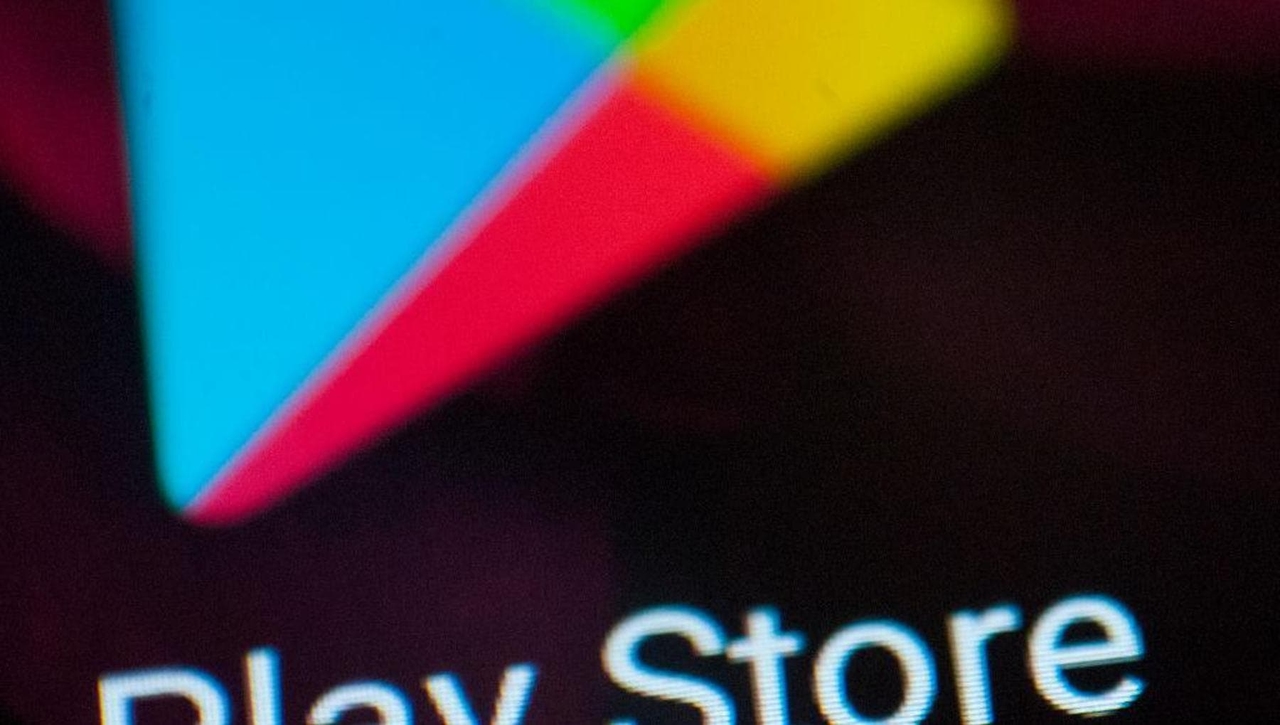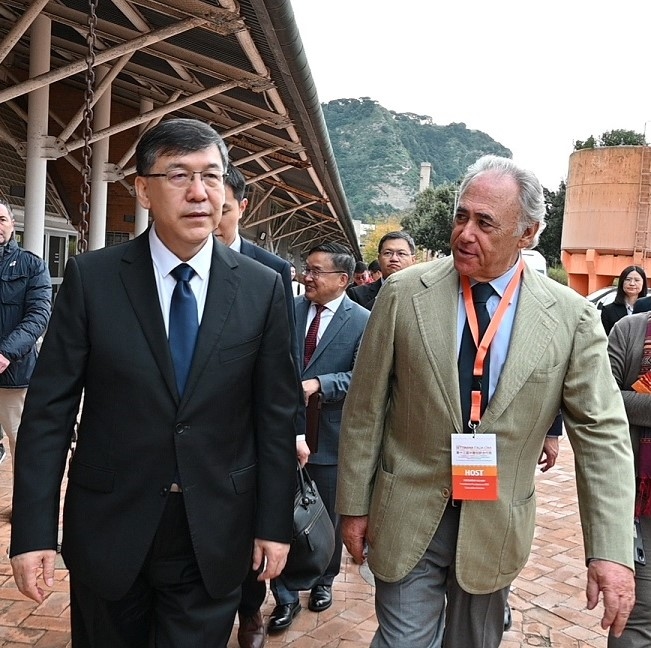Google Play Store Revolution: How the Google-Epic Games Deal Could Change the Android Store

Google and Epic Games have reached a mediation agreement—which must be approved by Northern California District Judge James Donato—that puts an end to a dispute that began in 2020 and is set to leave a profound mark on the Android ecosystem . The agreement essentially requires Google to make it easier to install third-party stores on Android through the Play Store , allow alternative payment methods to those integrated into the Play Store itself , and revise the commission model applied to developers . This change will not be limited to the United States: if approved in the US, it will then have global effects , also applying to the European and Italian markets.
The payments issueIn the new scenario envisioned by the draft agreement, developers will be able to distribute apps through their own channels or through competing stores with greater freedom and fewer technical constraints. The ability to integrate external payment circuits —although still subject to a commission from Google—breaks a mechanism (or rather, a monopoly on the billing system itself, Google Play Billing) previously considered unchangeable, in which Google imposed its own payment and reporting system as a mandatory requirement. As mentioned, the giant will continue to charge a service fee, but no longer within an exclusive and centralized model.
The precedent, still unresolved, with AppleThis opening is naturally the fruit of a broader struggle that has developed on a similar and parallel front. That is, the legal battle that Epic had also launched against Apple, challenging App Store commissions and the inability to distribute apps and payments outside the official marketplaces of the bitten Apple operating system. In the United States, the dispute was resolved four years ago in favor of Apple. In Europe, however, thanks to the Digital Markets App, the outlook is more favorable to Epic— as it is to all other developers —even though the specific dispute with Cupertino has been effectively frozen for years , with a series of sporadic twists and turns even on the European market, the last one last May. Even for Apple, the overall picture has changed profoundly thanks to European rules. On Android, therefore, the outcome is taking a different path even in its home country. It is no longer just a "formally open" system but an ecosystem in which app distribution will become truly contestable. Developers will be able to build vertical stores, manufacturers will theoretically be able to pre-install alternatives to the Play Store, and users will have access to more flexible installation paths.
Google is entering a new era of competition. The Play Store will have to compete with other stores— which can be downloaded directly from the Play Store —on search quality, transparency of payment policies, and the ability to guarantee security and updates. As always, it's important to remember that a more open ecosystem certainly increases opportunities , but also risks and responsibilities : user protection becomes even more crucial because a less monolithic environment requires more thorough controls and clear guidelines to avoid risks associated with software distributed through unofficial channels. In the European context, this agreement fits perfectly with the direction outlined by the aforementioned Digital Markets Act, which requires major digital operators to foster interoperability and competition in app distribution systems. The agreement between Google and Epic accelerates a shift already underway: freer applications, multiple stores, and a different balance between control of a platform that until recently held a monopoly on at least some parts of a certain process, and market freedom.
The details of the draftReturning to the Epic-Google agreement, the most significant changes concern the commission system and the opening to competition. Apps distributed through the Play Store will be able to offer external payments with differentiated pricing compared to Google's billing , which will maintain a service fee but with a completely revised structure. The new percentages are significantly lower: up to 20% for games with purchases that impact progression, to 9% for titles with purely cosmetic content, for non-gaming apps, and for in-app subscriptions , effectively exceeding the previous standard 30% above the first million dollars of revenue. This is an excellent percentage for Epic Games and for the plethora of in-app purchases of ballet skins and other digital items that drive the bulk of Fortnite's revenue. At the same time, a certification program for alternative stores is being launched— how strict it will be remains to be seen, given the restrictions imposed by Apple , for example—which can be installed directly from the Play Store with simplified procedures. These are changes that are destined to apply throughout the world, including Italy.
repubblica





